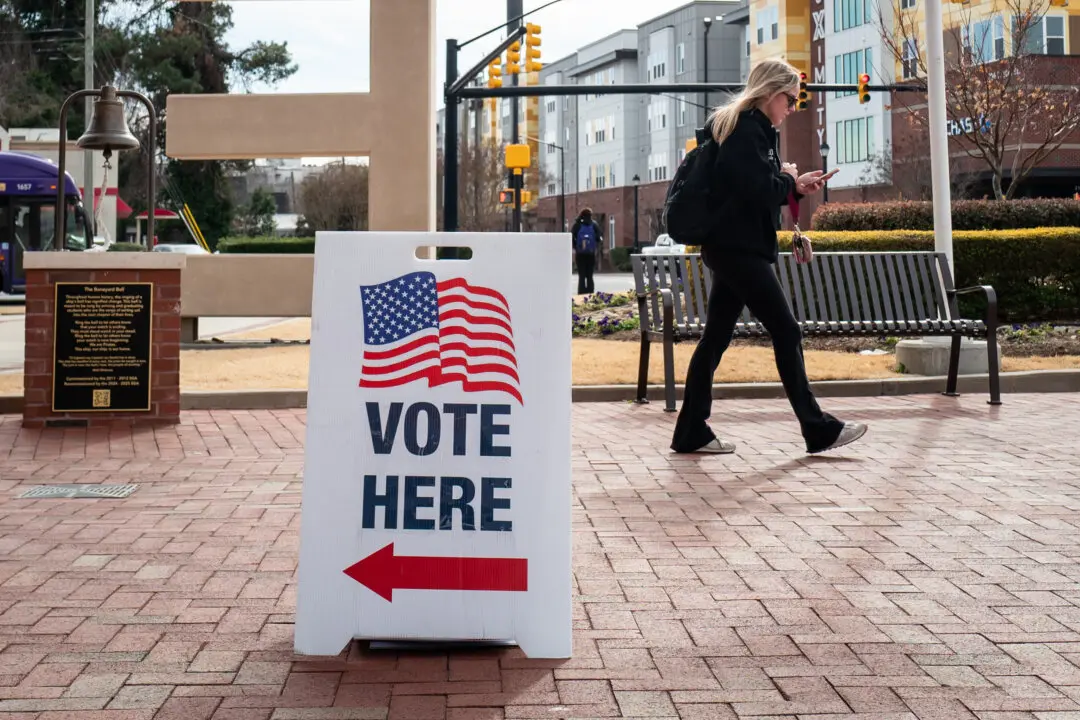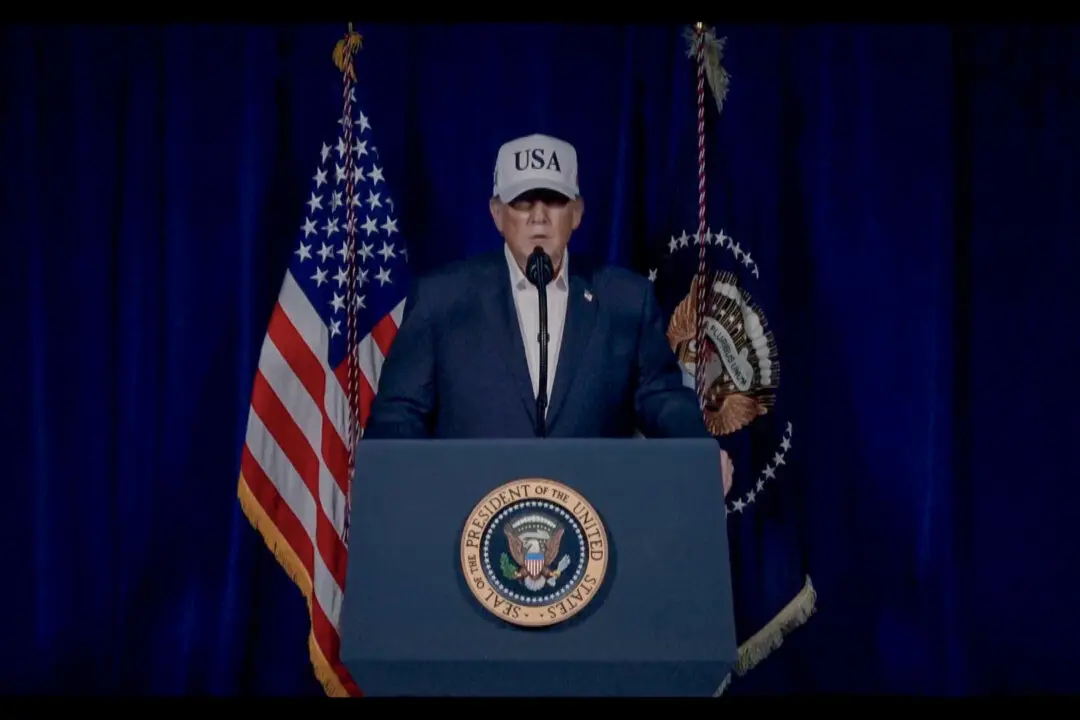Former House Transportation Committee Chairman Peter DeFazio has sounded the alarm over China’s control of the shipping industry, warning that the Asian superpower could “weaponize” its dominance against the United States.
Currently, China controls a vast proportion of shipping vessels and equipment, while the United States has lagged behind in its control of shipping.





